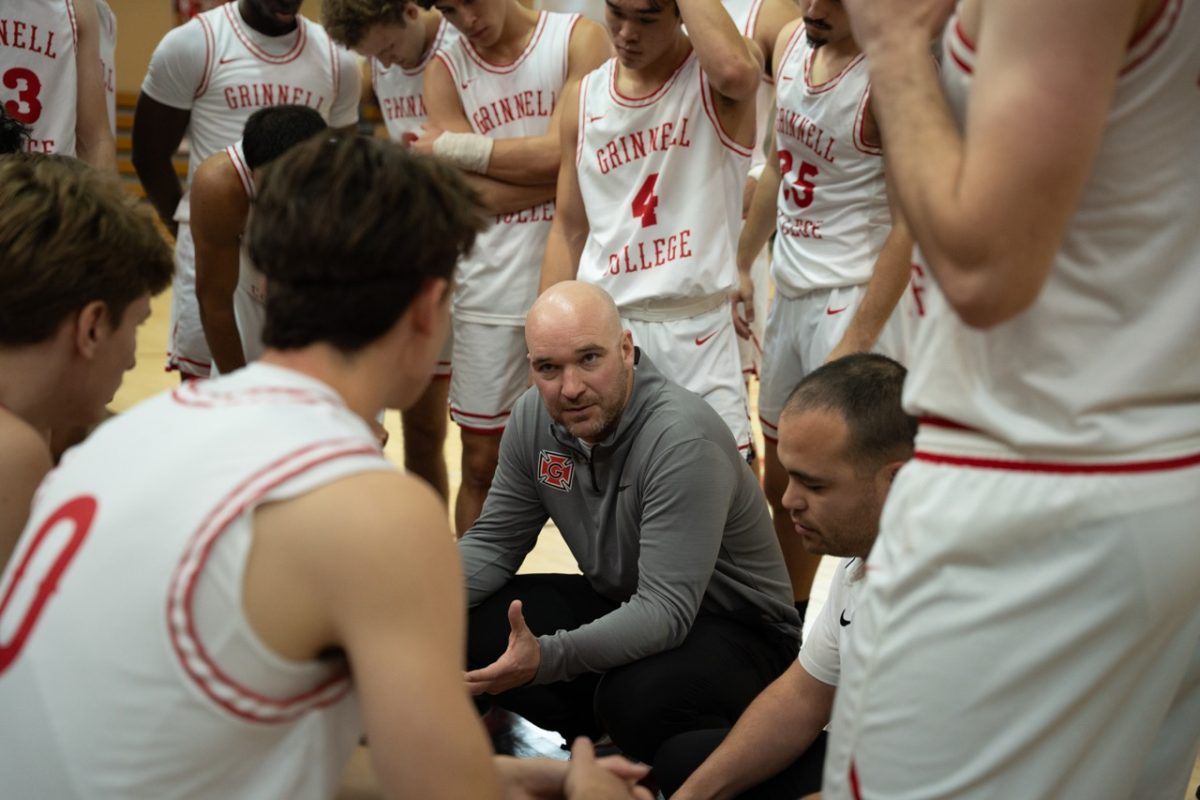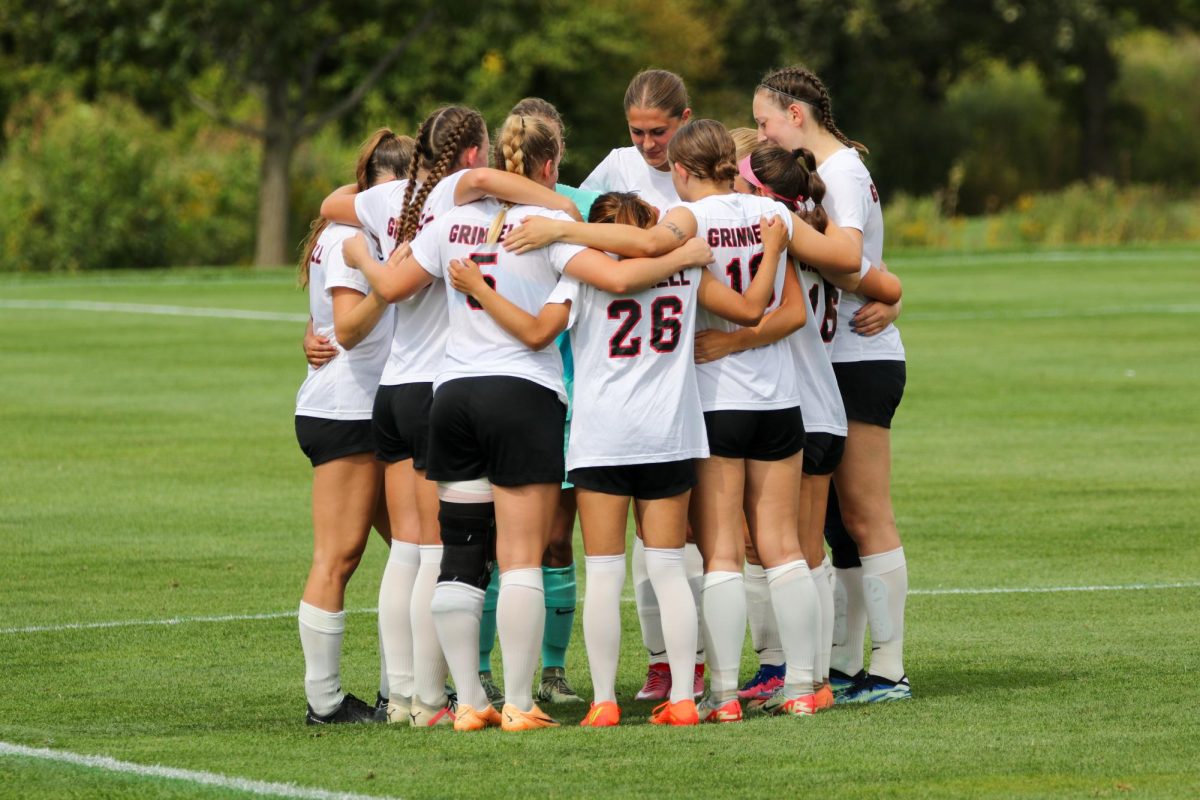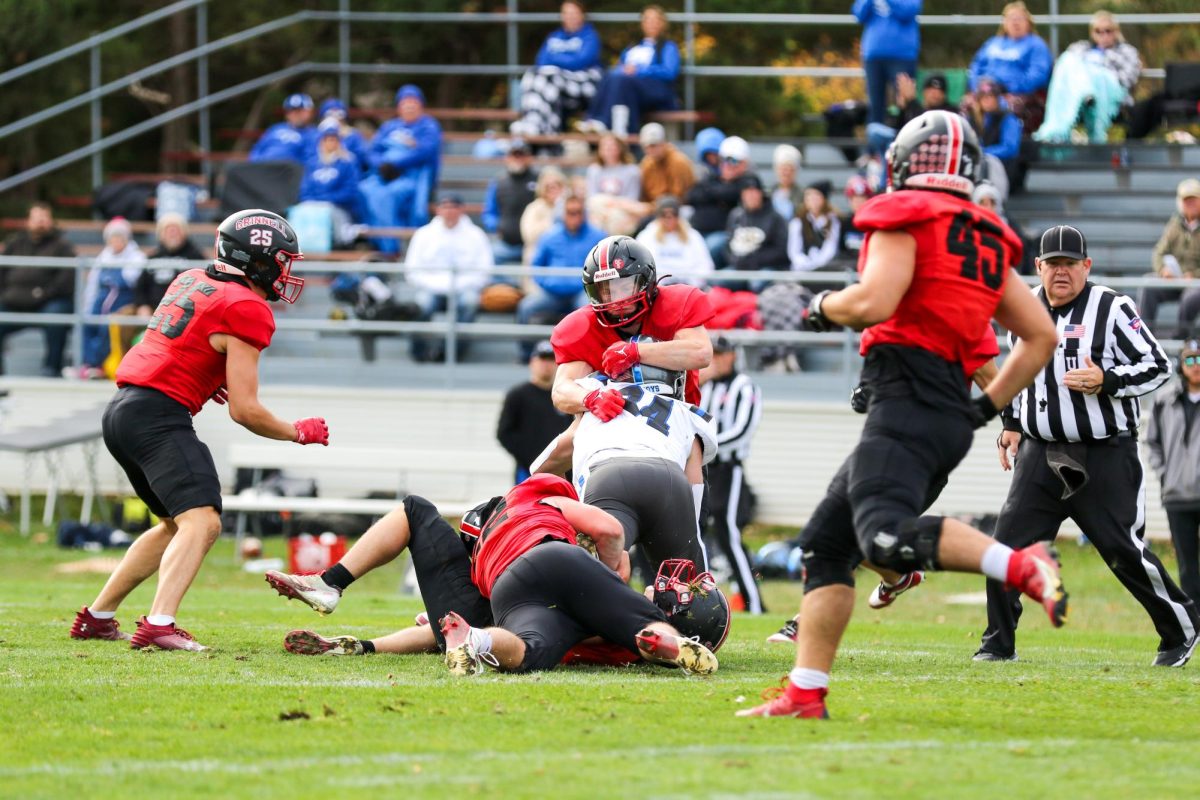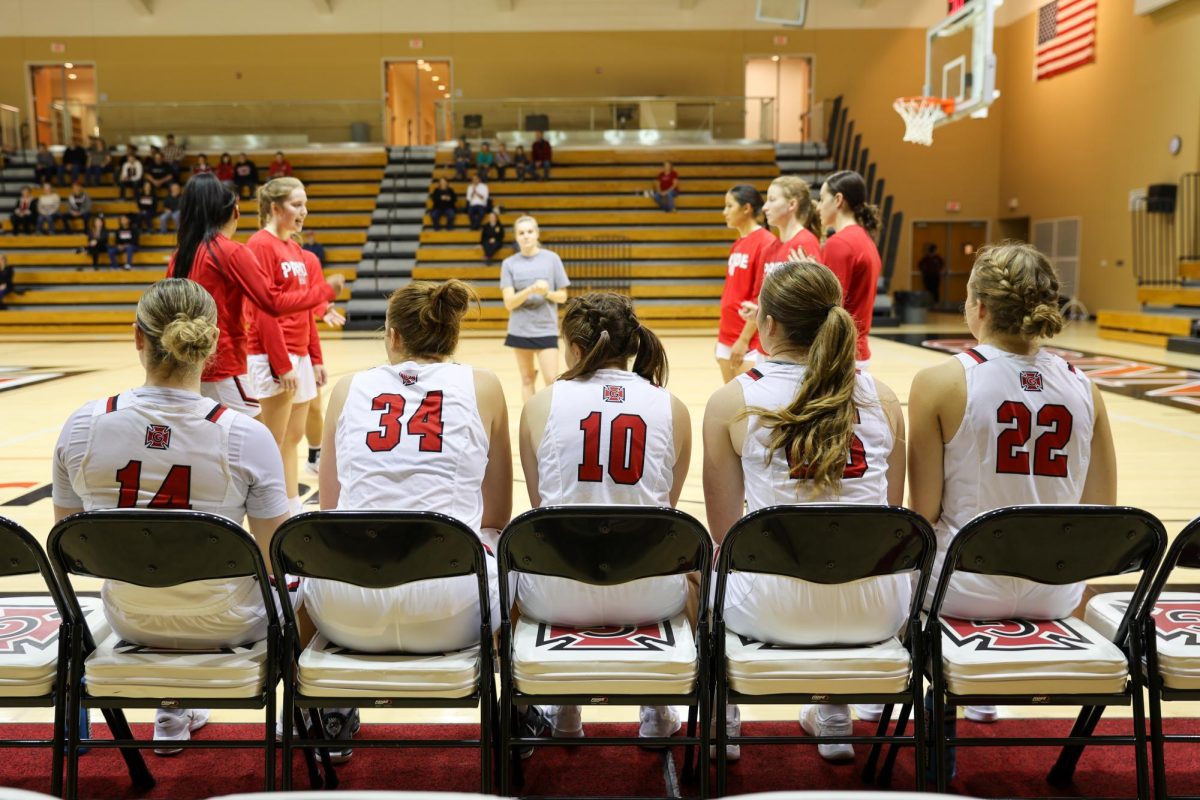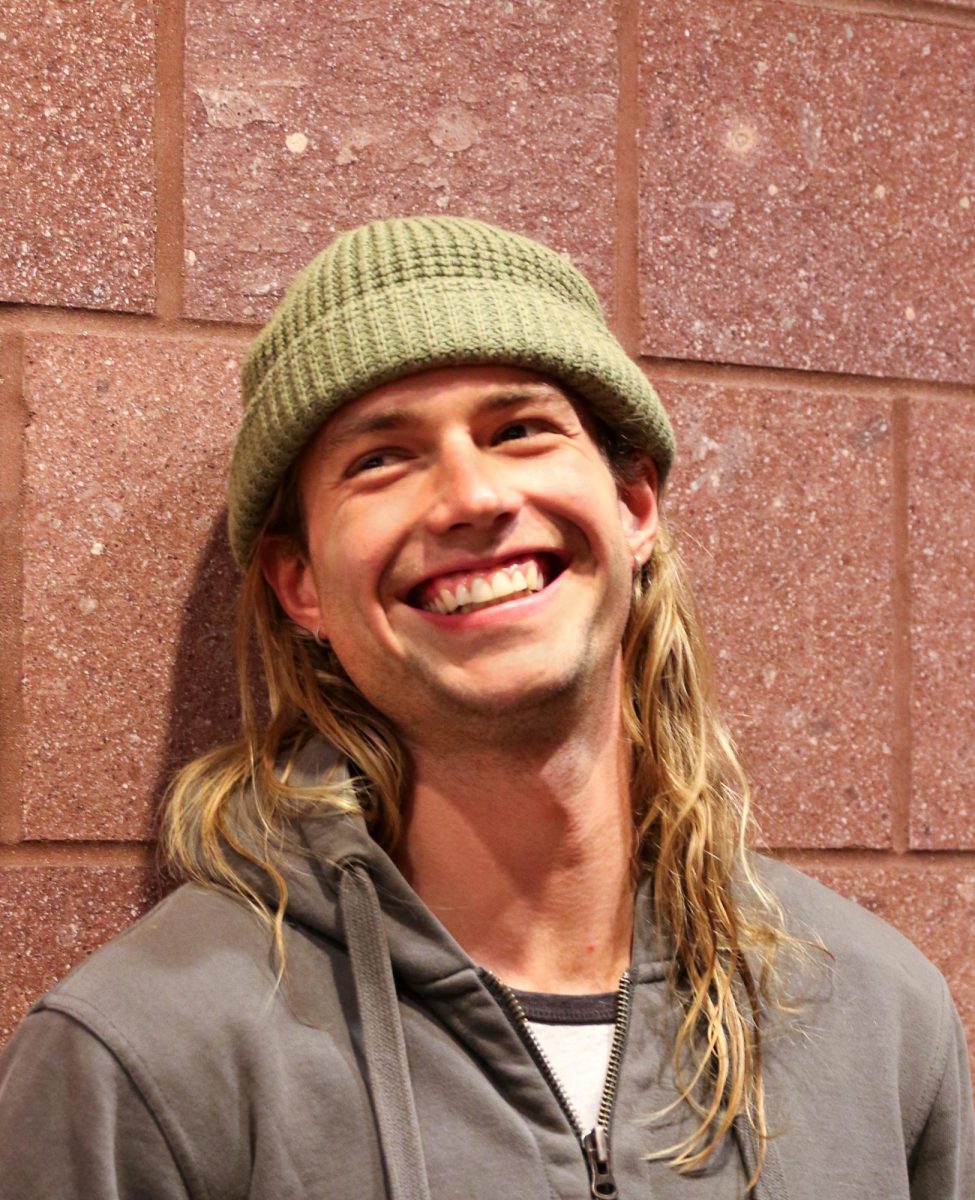
Baseball is a fickle game. Perhaps there is no other sport in the world in which momentum matters more and precedent matters less; where chilly October nights and the 40,000 fans they envelope may bear witness to the improbable.
The 2017 World Series Champion Houston Astros are one such improbability, although, make no mistake, the nature of their achievements is not surprising. Rather, it is their resurrection from the dead, their symbiosis with the city of Houston, that best explains the magic that the team has managed to capture.
A long-suffering franchise since the 1960s, the Astros enjoyed a brief spell of success in the early 2000s, culminating in a poor World Series showing against the White Sox in 2005. However, within the following year the team began what would eventually become a decade-long rebuilding project, where they spent very little money on their roster and instead worked on building a strong farm system to facilitate the development of young talent within their organization.
During the rebuilding years, Astros fans endured nine straight losing seasons from 2006-2014, including multiple hundred loss seasons. The franchise became a laughingstock, and a playoff berth, let alone another World Series appearance, seemed out of reach.
Eventually, though, the waiting started to pay dividends, as scores of young, homegrown-talent blossomed throughout the spring and into late fall, just in time for playoff baseball.
Of the nine players in the Astros batting order for the pivotal World Series Game 7, six were originally drafted or signed by the organization. Carlos Correa, their star shortstop, was drafted by the team when he was 18 years old, as were Alex Bregman, Marwin Gonzalez and World Series MVP George Springer. At 43 years old, the team’s manager, AJ Hinch, is one of the youngest in the league as well.
But it is not just the age of the team that defies traditional expectations. Standing five feet six inches tall and making just over $500,000 per year, Jose Altuve is not your typical MLB superstar. The hustle, grit and elegance that typifies his MVP caliber skillset is emblematic of a team that quickly ascended the league ranking despite having only the 18th highest payroll in major league baseball. Conversely, the Los Angeles Dodgers — whom the Astros beat in the World Series —have an endless supply of money and resources.
Thus, the Houston team’s victory symbolizes the triumph of subsistence over shameless accumulation of talent. For Astros fans within the Grinnell community, this triumph has been a long time coming.
“The World Series was an emotional rollercoaster and perhaps the best 7-game series of baseball that I have ever watched,” wrote life-long Astros fan Nathaniel Zaroban ’18 in an email to The S&B. “All of those bad years were worth it to win the championship.”
In addition to the important ramifications that their victory will have on roster construction and fan perception, however, the Houston Astros had other, more personal reasons why they wanted to bring a title to the city of Houston.
Throughout their run to the World Series championship, the players emphasized the fact that they were playing for their city and their fans. While this proposition is more often than not a tired cliché used by athletes to ingratiate themselves among a fanbase, in this instance, it took upon new meaning. That is because Hurricane Harvey made landfall in Houston just before the MLB playoffs began, leaving death, destruction and devastation in its wake.
Instead of wallowing in despair, affected residents rallied together to rebuild their lives and communities, helped in part by their lovable baseball team who wore “Houston Strong” patches throughout the postseason.
“With the devastation caused by Harvey, … it was great for the city to come together,” wrote Hunain Ali ’21 in an email to The S&B.
Although the people of Houston can revel in the success of their Astros, reconstruction will continue to be an arduous process.
Winning does not cure all ills. Baseball does not rebuild homes. Hopefully the Astros’ win served as a distraction from circumstance, a reclamation of identity and point of civic pride.
Perhaps a small, home-grown team of perennial losers made a city believe in magic again.





















































